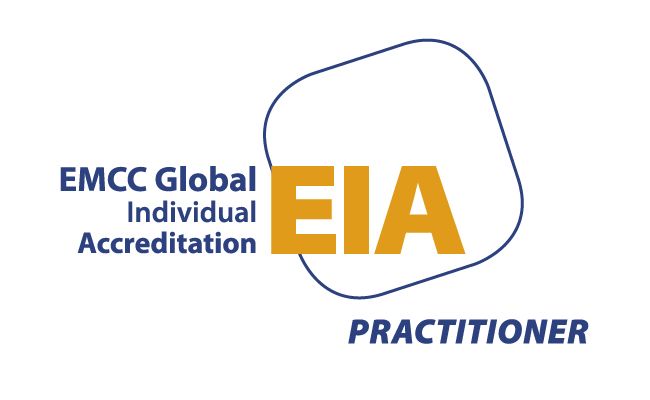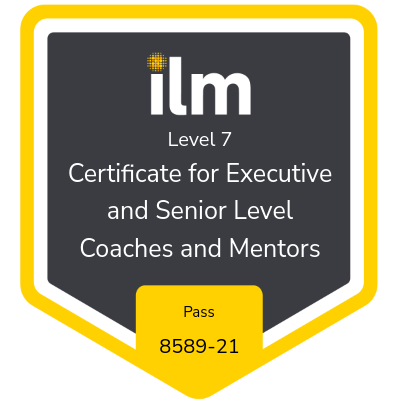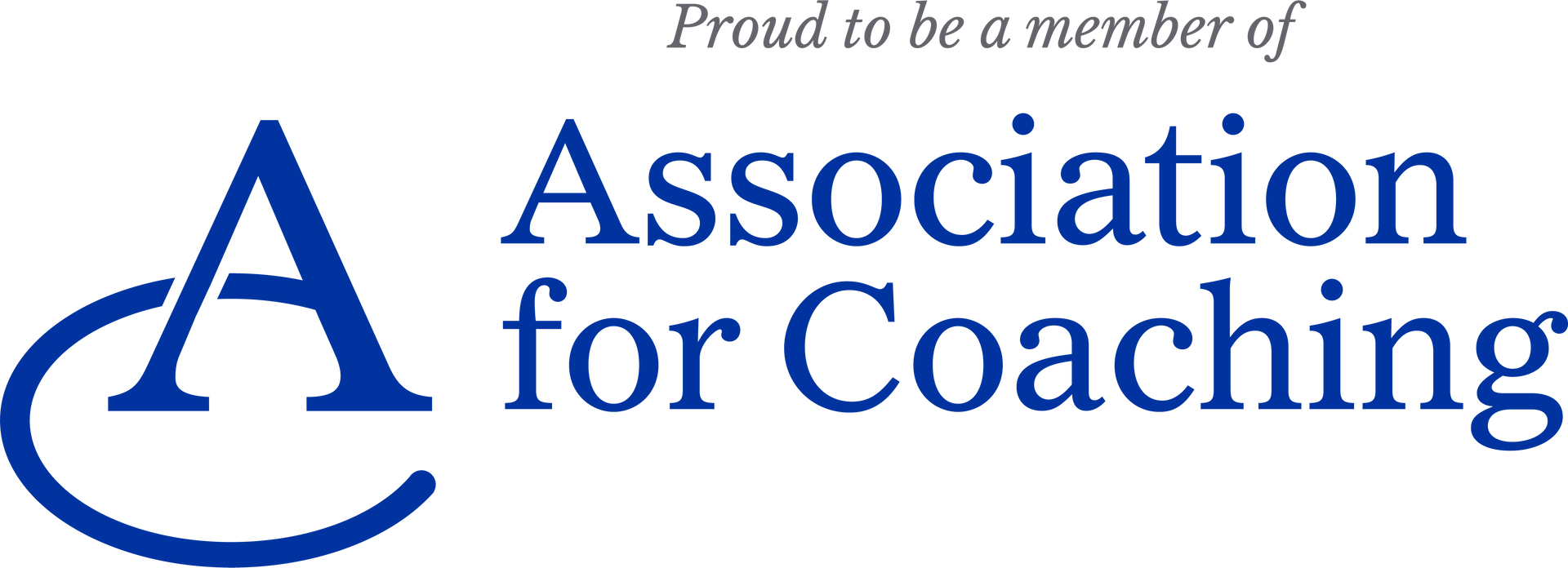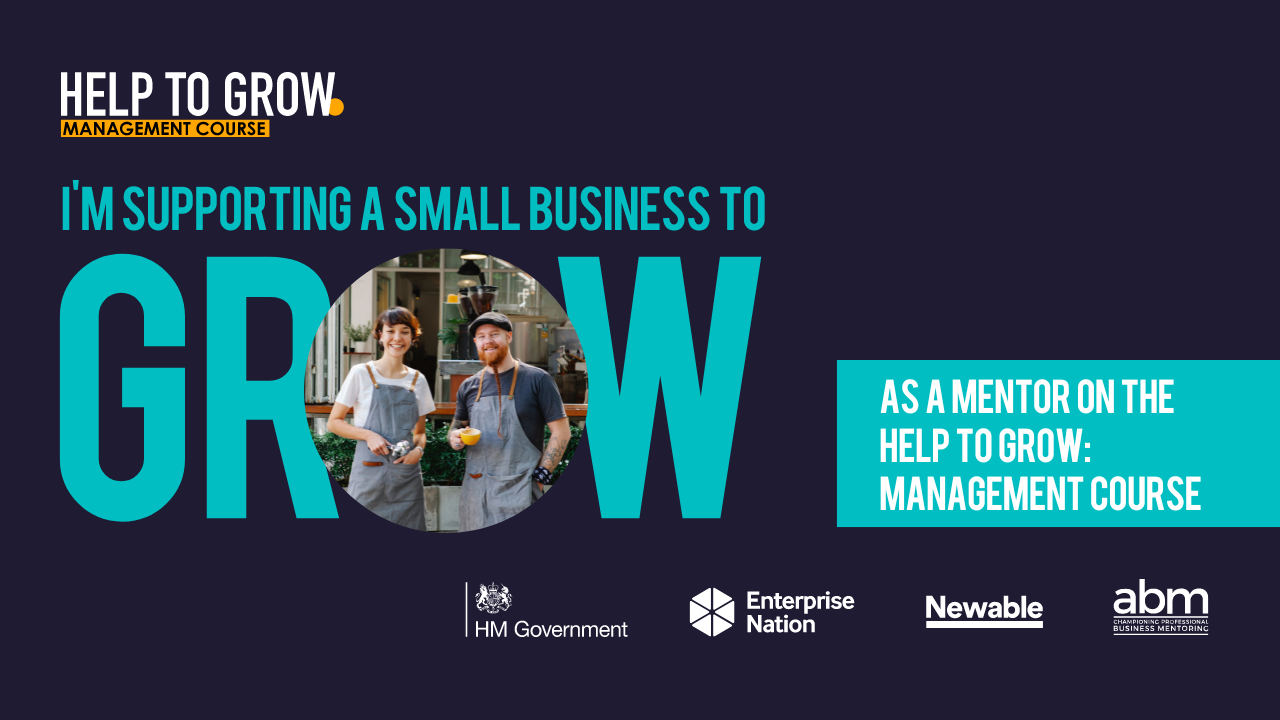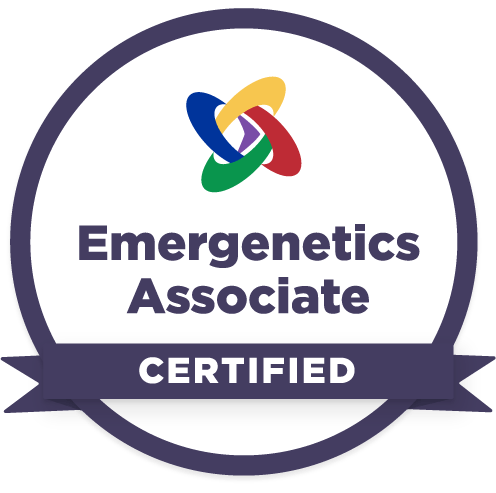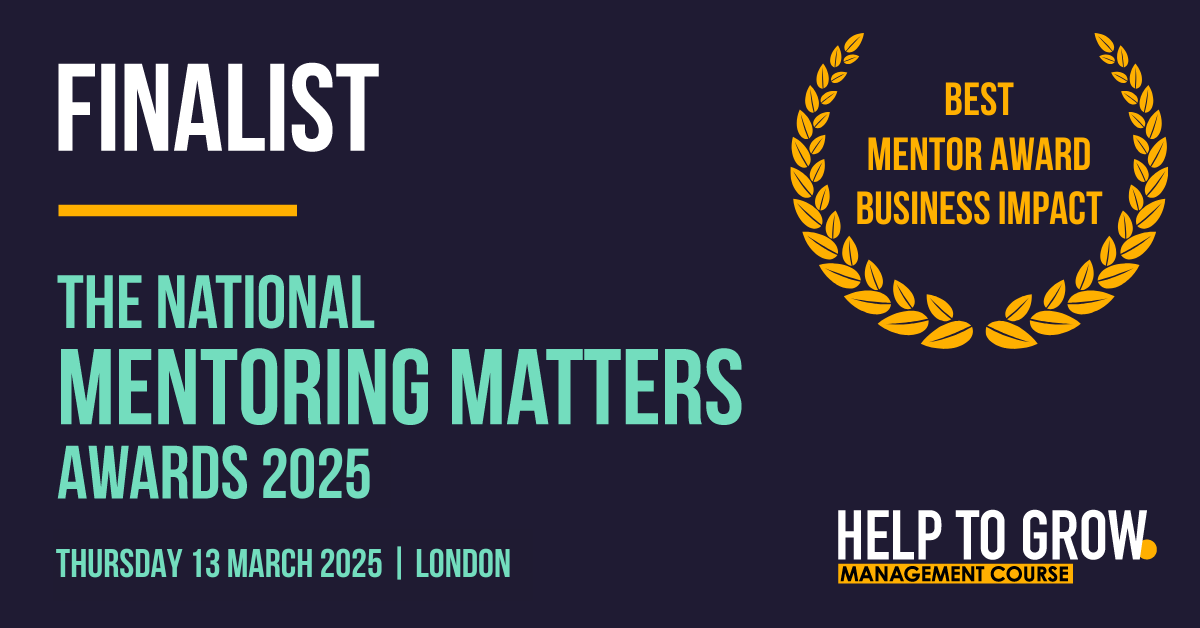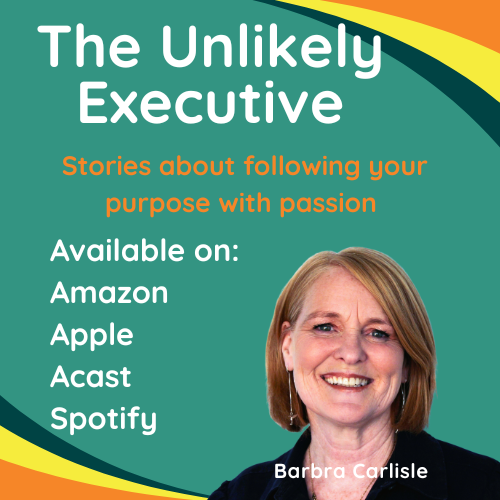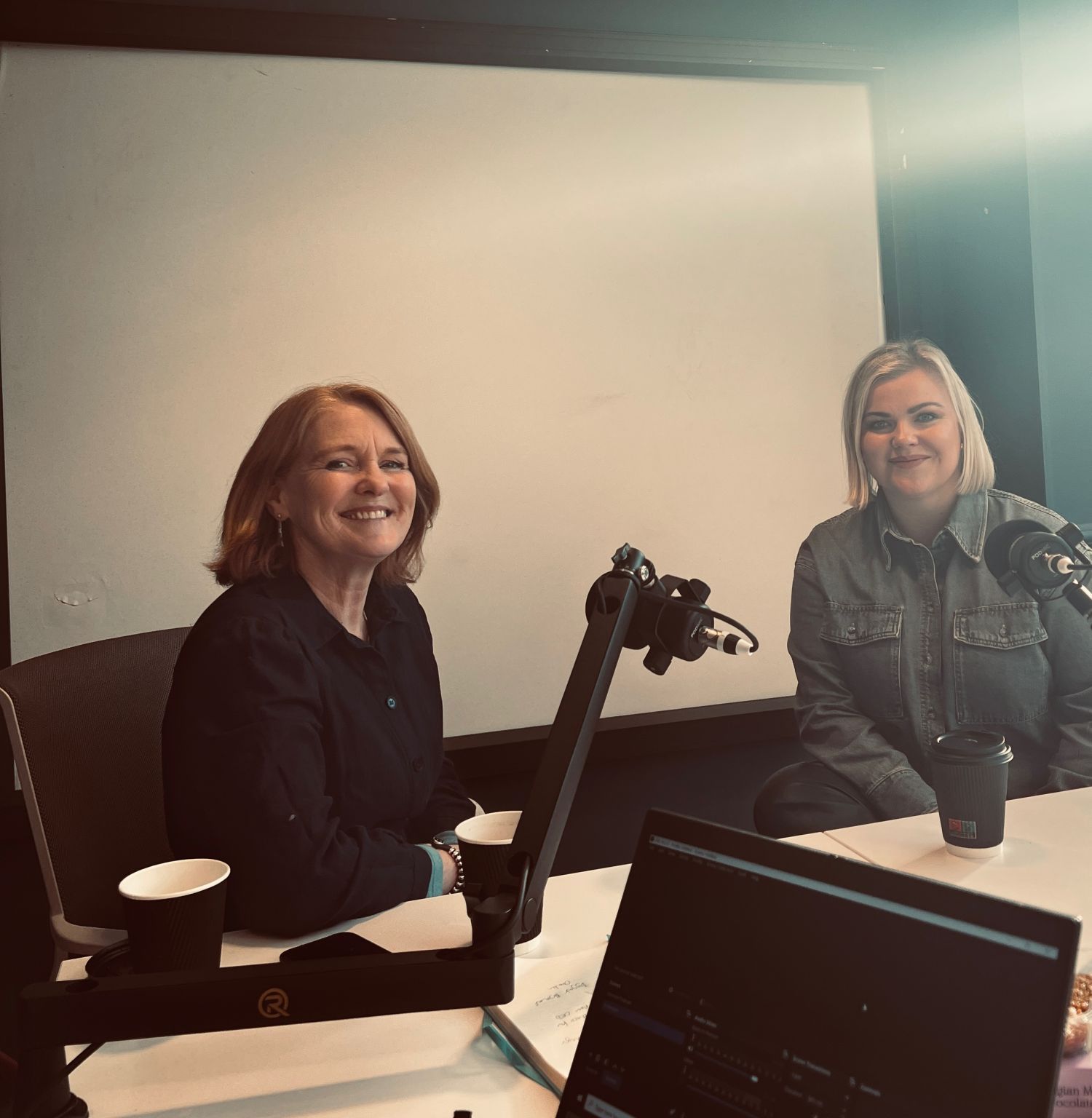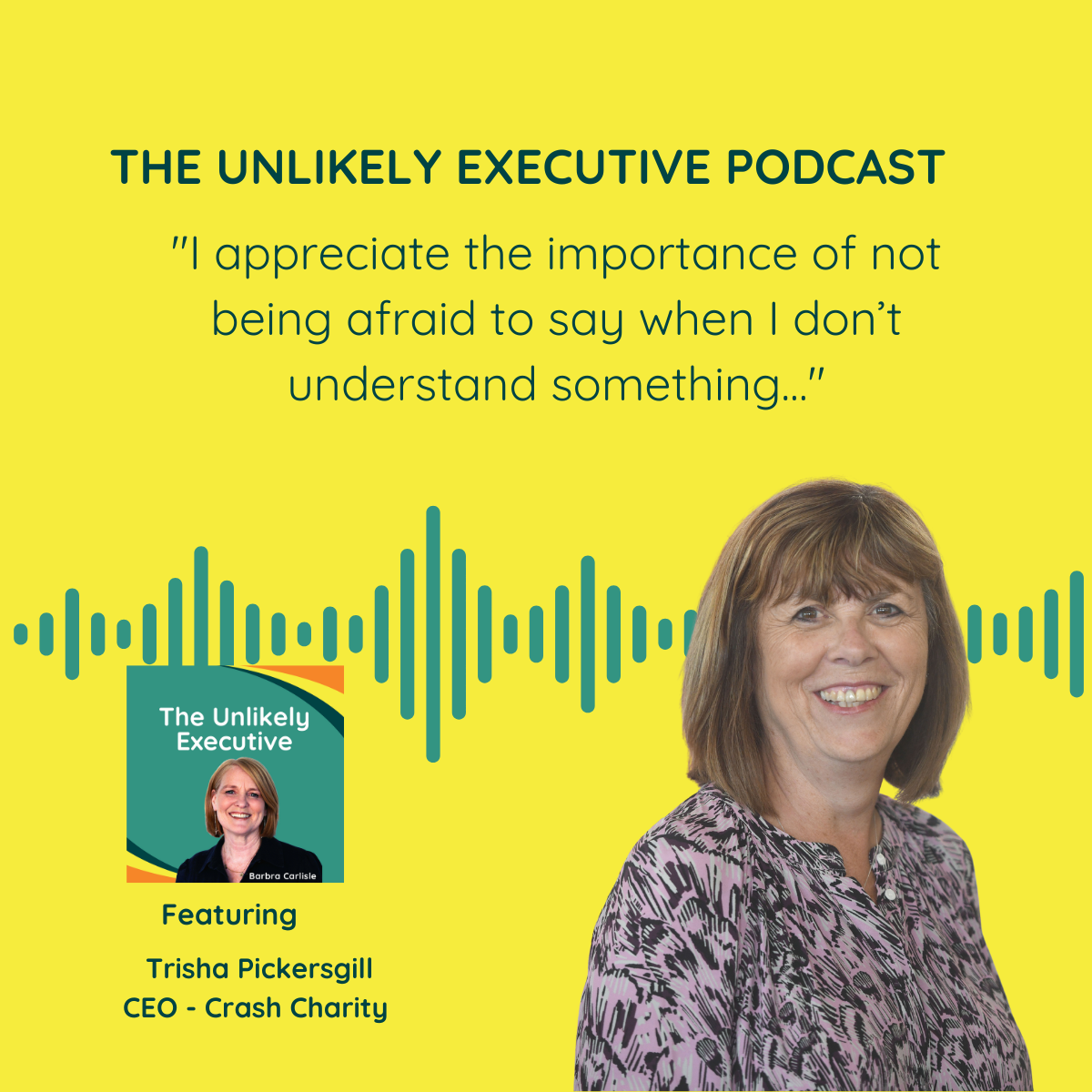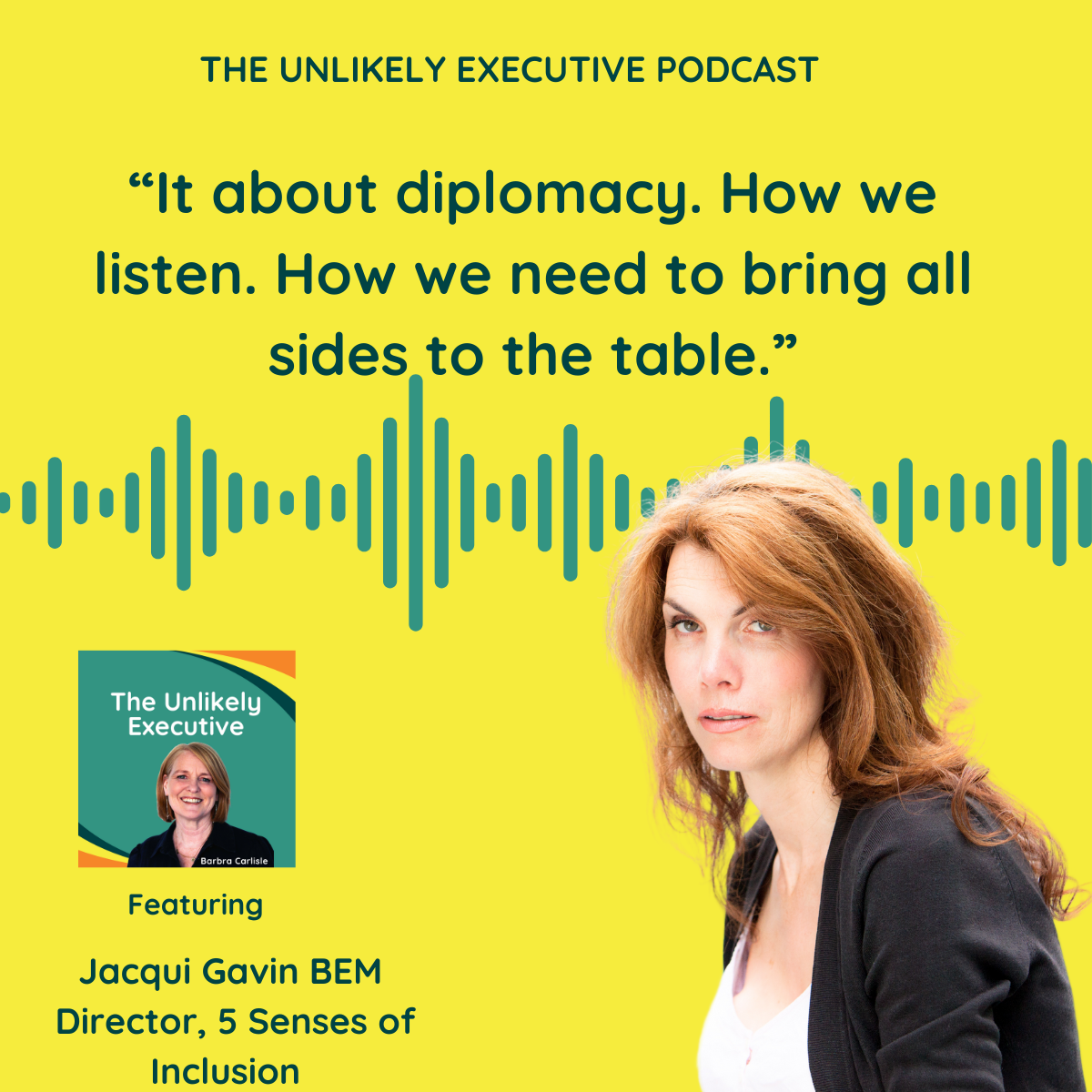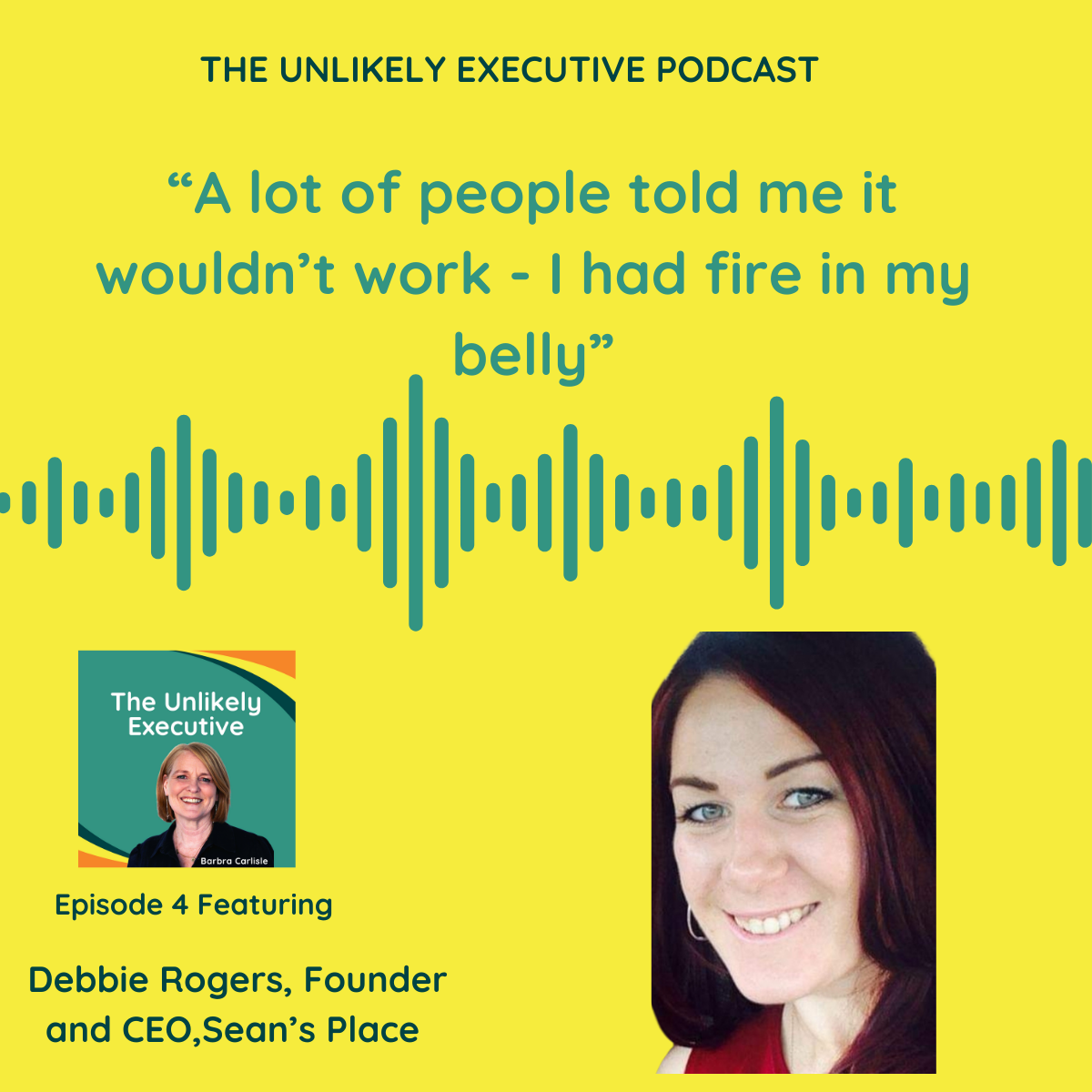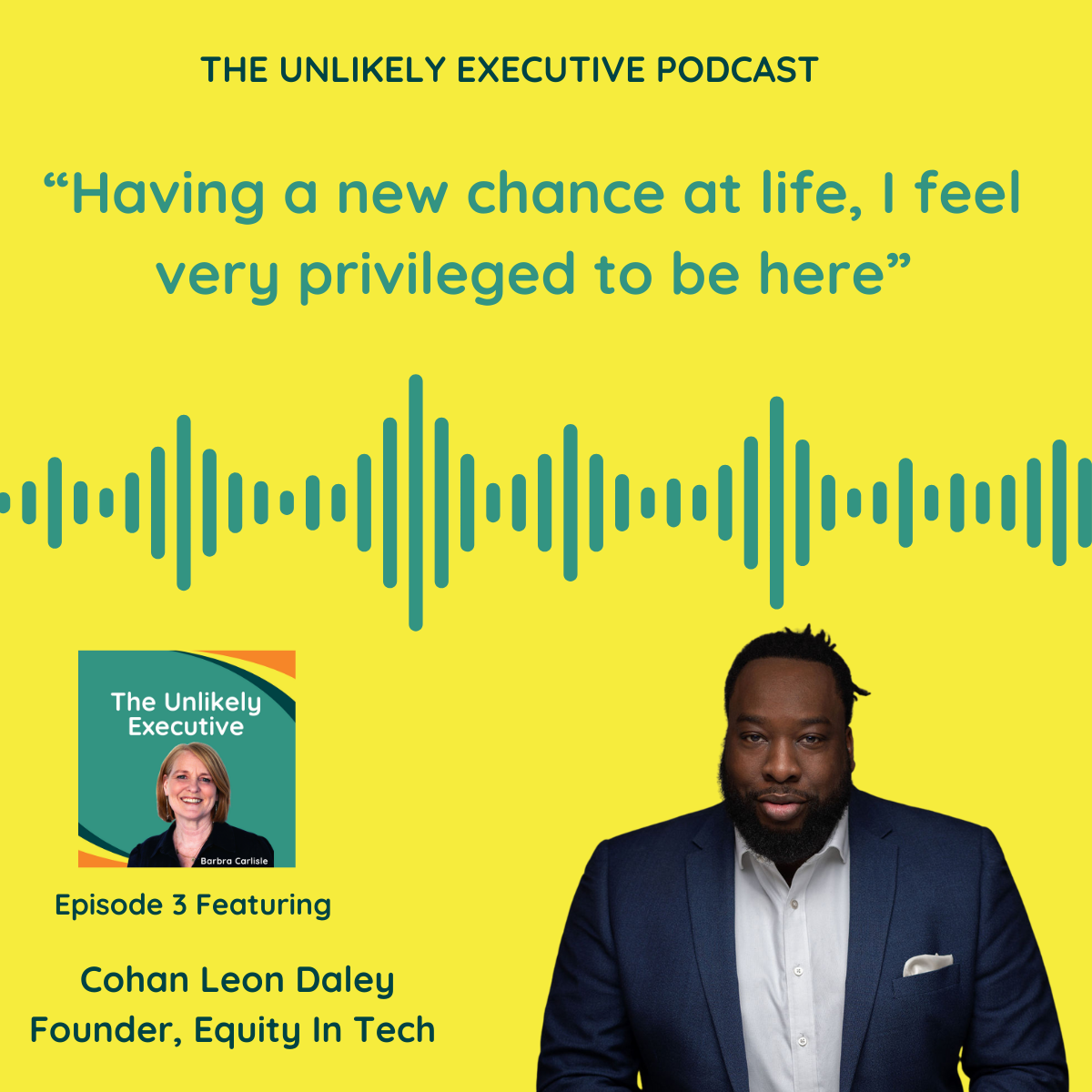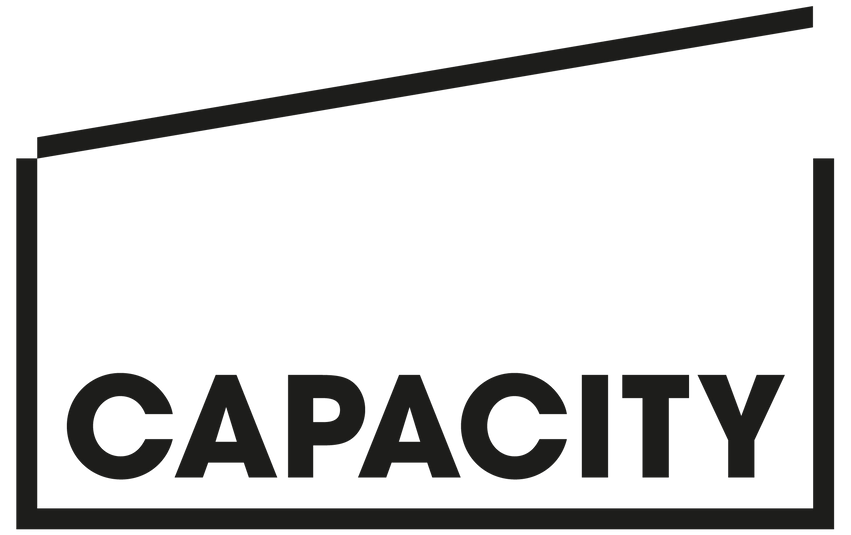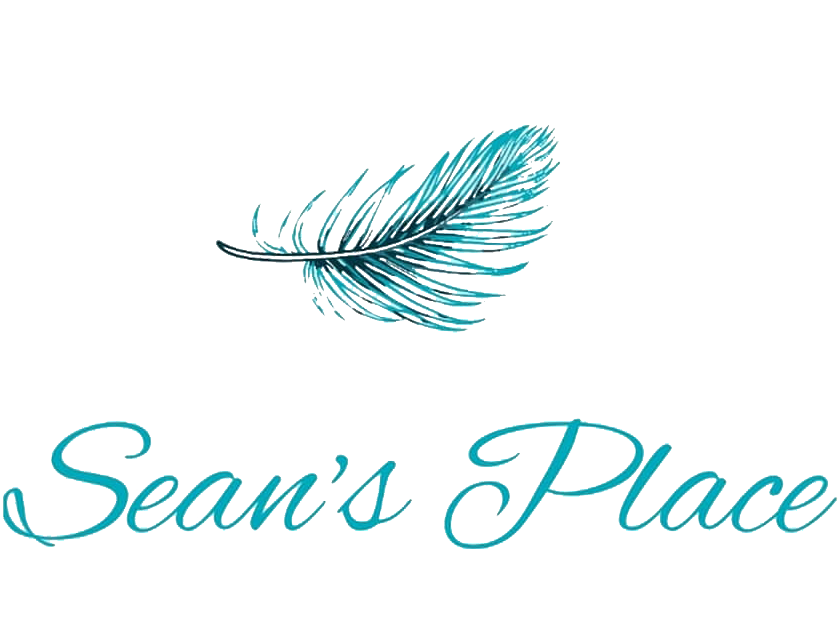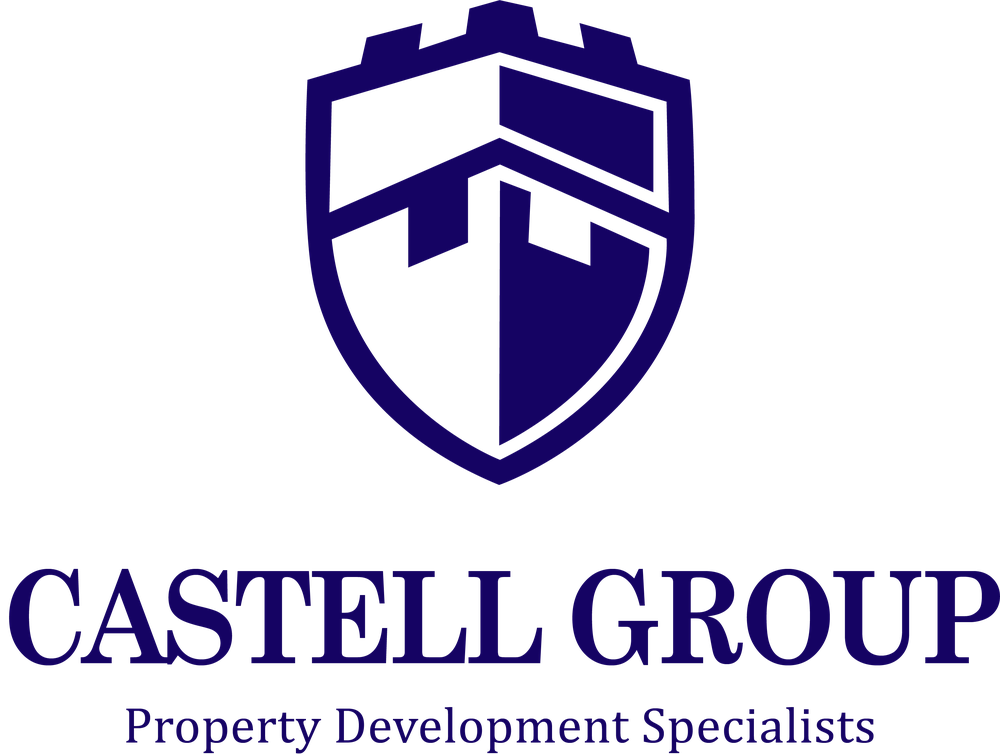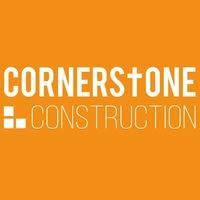Lead well under pressure
Industry specific executive coaching and leadership training designed for leaders in the housing, construction and engineering sector.
When the job is demanding, your leadership needs to feel steady
Your work comes with real responsibility. Tight deadlines. Complex people. High expectations. Constant decisions.
You know you’re capable, but some days it feels like you’re reacting to everything instead of leading in the way you want.
I help leaders create clarity, build confidence and develop teams who take ownership, so you can lead with more calm and less strain.
What you might be facing
- Too many fires, not enough time to think
- A team that relies on you more than you'd like
- Pressure that follows you home
- Difficult relationships or conversations
- Change that feels messy or unstructured
- A sense that you work hard but don’t always feel effective
- You don't need the theory. You need support that fits the reality of your role.
How I help
My work is simple and practical. I help you make better decisions, lead with confidence and build teams that can perform without leaning on you for everything.
There are a few ways we can work together.
Where ever your leaders are at we can work together to support them.
Personalised development
The outcomes you get when working with me
More Purpose
You know where you’re heading and why it matters.
More Resilience
You manage pressure without losing yourself.
More Collaboration
You bring out the best in different personalities.
More Impact
You lead your team well so your results improve too.
Who is Glee?
I’m Barbra.
My mission is to create a construction industry that revels in being the best in the world, through effective people leadership and people management.
I work with leaders who work on complex projects and who are driven towards excellence but find themselves torn between operational and strategic delivery.
My approach is practical, honest and down to earth.
No jargon. No complicated theories. Just meaningful support that helps you think, lead and feel better at work.
Collaborating with brilliant training agencies like
Let's talk
If you’re wondering what kind of support would help you most, the easiest place to start is a simple conversation.
Tell me what’s happening for you, and we’ll work out the best next step.





